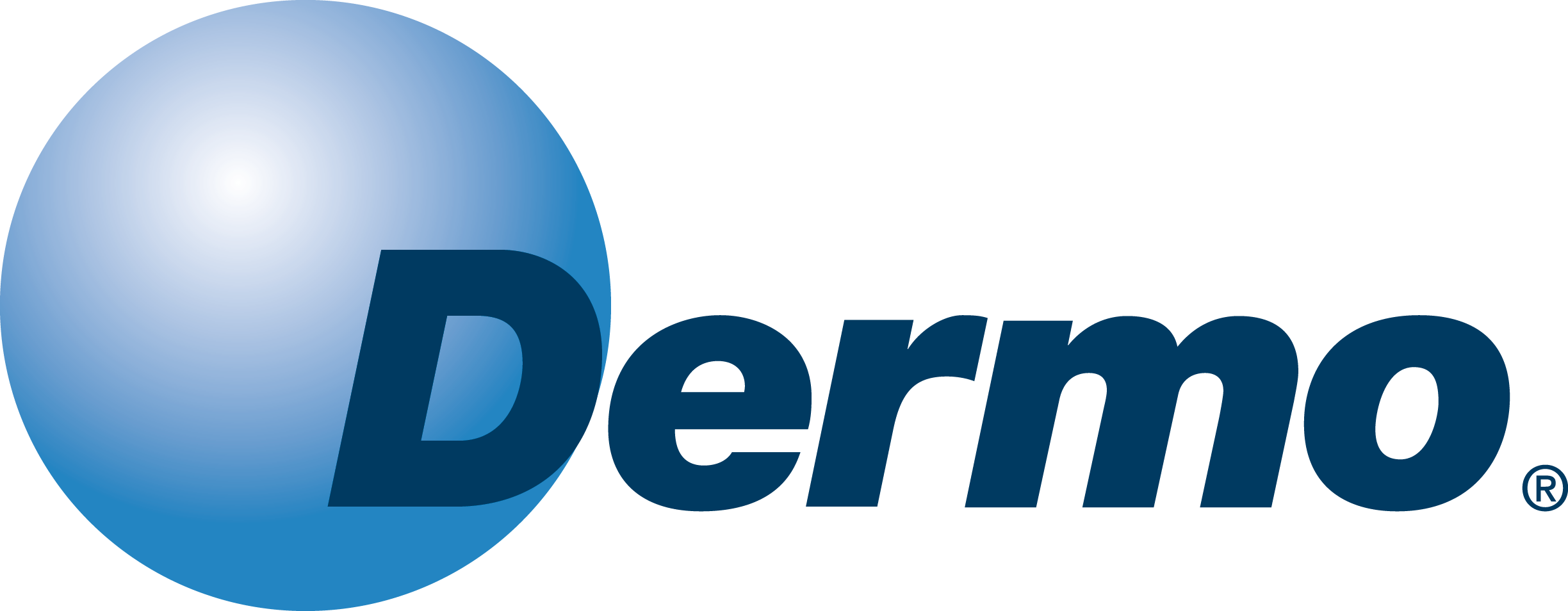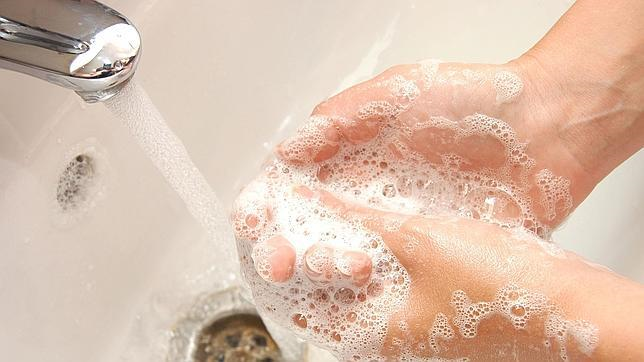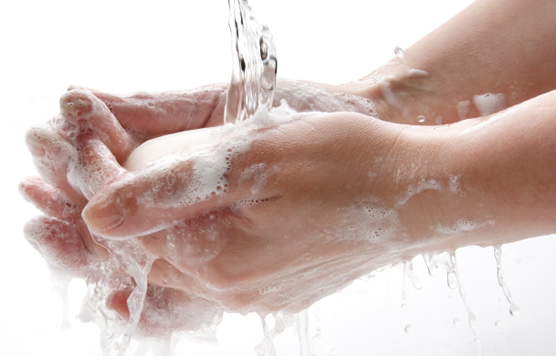We have talked a lot throughout these last entries in our blog, Dermo SA., of the importance of using the ecological detergents Given the terrible consequences of constant use of detergents conventional waste, composed of elements that are harmful to our health and very damaging to the ecosystems where they are dumped; have caused in society. The weight of the industry is still very strong and for this reason governments and leaders have been unable to prohibit the production of a product that, although harmful, continues to be manufactured without control. The alternative exists. ecological detergents They are the solution, but they bring little reward to the coffers of large corporations. They see their role as future “saviors” of aquatic ecosystems relegated; waiting for the situation to change and for someone to really dare to put the brakes on, or rather society itself to refuse to use a product that is toxic and harmful to our health.
Until this happens, companies and detergent factories They continue to produce their products. Some are more aware of this problem and the well-being of a planet that should have many generations to go by, such as Dermo SA, We fight to bring this conflict to light and make people see the reality of a task that affects us all. Among our products and those of many other factories, you can find ranges of ecological detergents efficient and quality products that comply with the stipulated regulations and do not contain elements harmful to the planet. The option of choosing them and acting as you should is only yours, but to help even more in this, today we want to give you some tricks and tips for using these products. detergents in an ecologically friendly way ecological, when you carry out your household washing tasks.
-
Washing dishes by hand:
-
When we clean the dishes by hand with ecological detergents We will notice that not much foam is produced, but this is irrelevant. Foam does not clean, it is just a "side effect" of the surfactants coming into contact with the air.
-
For dirt that is harder to remove - usually grease - we put an additional jet of detergent on the scouring pad, or we wash and rinse more than once.
-
Washing dishes in the dishwasher:
-
If there is dirt that refuses to come off, we add a tablespoon of ecological bleach (sodium percarbonate) to the detergent.
-
If we do not get a good result with pills, we can try with a detergent in powder form, which is less difficult to dissolve. Or, place the tablets on the outside of the dishwasher, instead of in the compartment detergent. Placed in the basket or cutlery drawer, it will dissolve sooner and completely.
-
Conventional detergent, compared to ecological detergents, causes more lime residue to form in the dishwasher. From time to time we can remove these residues by pouring diluted citric acid (one glass for one litre of water) into the machine before starting it.
-
Washing clothes in the washing machine:
-
In addition to the ecological detergentsThere are other products of the same origin that help us in each of the phases of washing clothes.
-
When washing light-colored or colorfast clothes, add organic bleach. The result will be better: the white will be whiter, our clothes will not turn yellow and it will help us remove stains.
-
Organic fabric softeners can thicken after a year and are no longer useful after that period of time.


